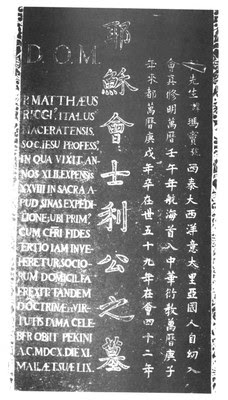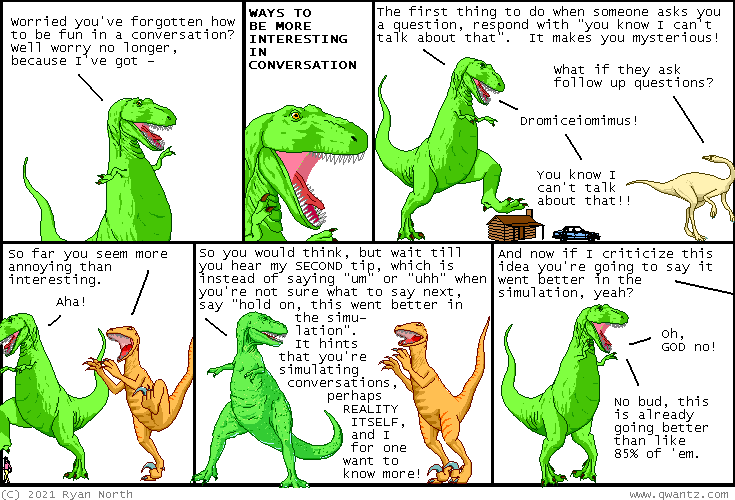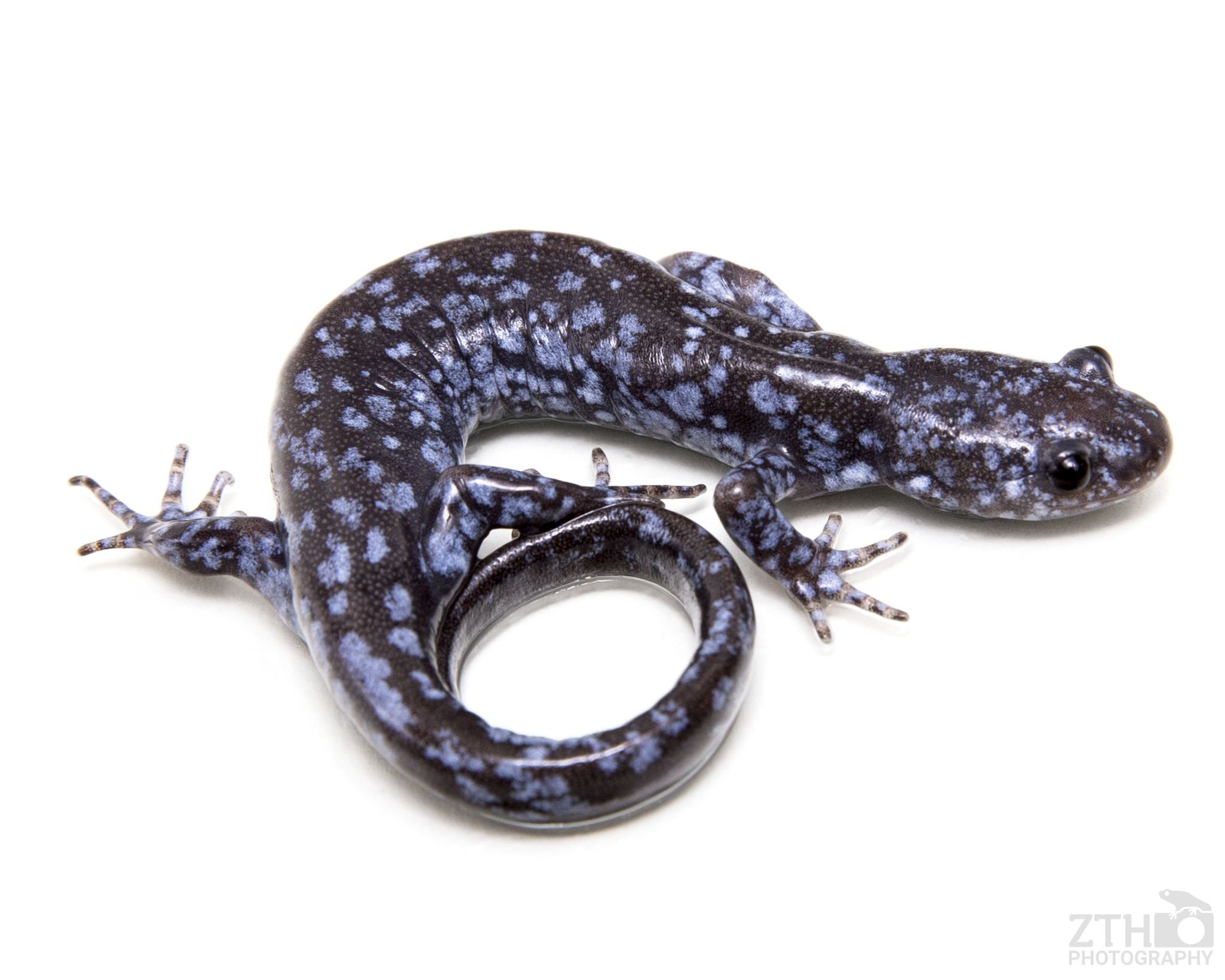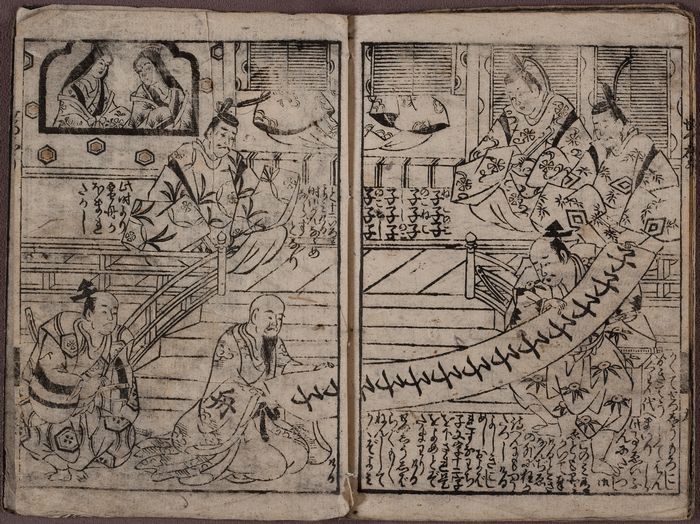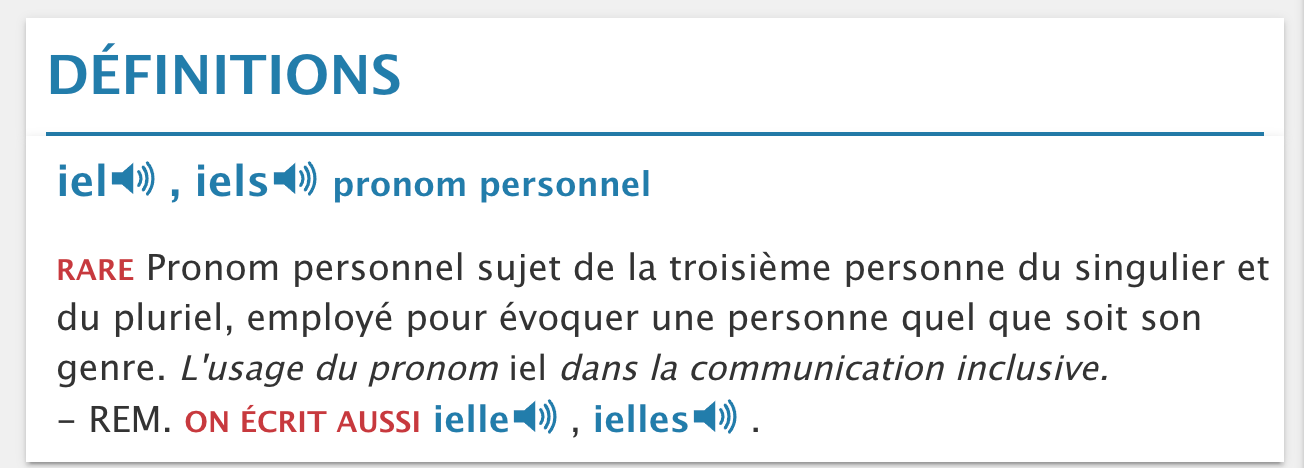"Cognitive Fossils" and the Paleo Mindscape
Below is a guest post by Mark Dow, consisting of an interview with Cory Stade.
Cory Stade is a cognitive archaeologist interested in "how Palaeolithic material culture can inform our understanding of the origin and evolution of language." Formerly a Visiting Fellow at the University of Southampton at the Centre for the Archaeology of Human Origins (CAHO), she received a BA in linguistics from Simon Fraser University in Canada, with a minor in archaeology; a Masters degree in Palaeoanthropology and Palaeolithic Archaeology at University College London; and a PhD in Archaeology at Southampton in 2017 with a thesis addressing "the different modes of culturally transmitted lithic material made experimentally by novice modern knappers." She currently runs an academic proofreading business and, with her partner, a jewelry business called the Stone Age Ceramic Studio.
In her 2020 article "Theory of mind as a proxy for Paleolithic language ability," Stade argues as follows:
The development of "theory of mind" (the term for our ability to infer the mental states of others) in typical human children can be mapped onto the evolution of cognition in humans by examining the stone tool fossil record. This, in turn, can teach us about the evolution of language because of the extent to which theory of mind and language ability are intertwined and predictive of each other.
This interview was conducted via email in the Spring of 2021.
Read the rest of this entry »



